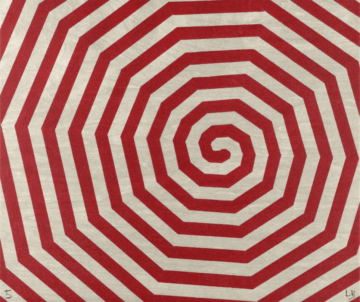 Yakov Feygin in Phenomenal World:
Yakov Feygin in Phenomenal World:
“An effective way to write the history of the last thirty years of the twentieth century,” economist Albert Hirschman wrote in 1985, “may well be to focus on the distinctive reactions of various countries to the identical issue of worldwide inflation.” Writing just as the global “great inflation” of the 1970s was abating, Hirschman couldn’t have foreseen how right he was. As Claudia Sahm recently wrote in the New York Times, fear of the great inflation of the 1970s still dominates the thinking of the Federal Reserve, even as its recent messages indicate changing winds. (In recent comments, Larry Summers’s warning that two-thousand-dollar checks would cause the economy to run too “hot” and generate inflation betrayed an almost generational blindness on the topic.)
Economists lack a good understanding of what causes inflation. In introductory macroeconomics curricula, the mantra of Milton Friedman remains central: “inflation is always a monetary phenomenon.” By this, Friedman meant that excessive price growth happens when a state loosens the supply of money, thus over-expanding the monetary base. But recent research has brought this popular doctrine into question. While expanding the money supply seems to be a necessary condition for uncontrolled inflation to occur, it is not sufficient: increases of the monetary base have occurred without any inflationary episodes, and inflationary episodes have happened with only very small increases in monetary base.
Contra Friedman, Hirschman suggested that uncontrolled inflation is primarily a political phenomenon that occurs when groups compete over resources. The rapid increase of the price level is a signal that the state can no longer control this competition. What exactly happened in the waning decades of the twentieth century, and why do the ghosts of inflation still haunt our economic and political reality?
Hyman Minsky’s writings on the collapse of the so-called golden age of capitalism offer some insight by forcing us to engage with how distributive struggles have driven the inflationary and deflationary cycles of the past fifty years.
More here.
